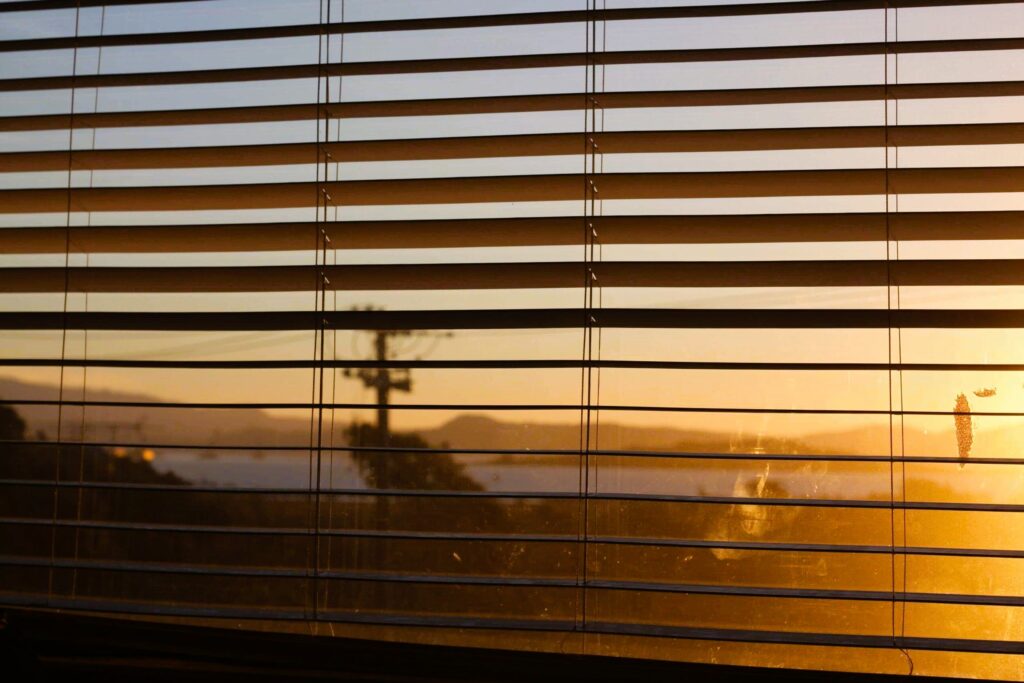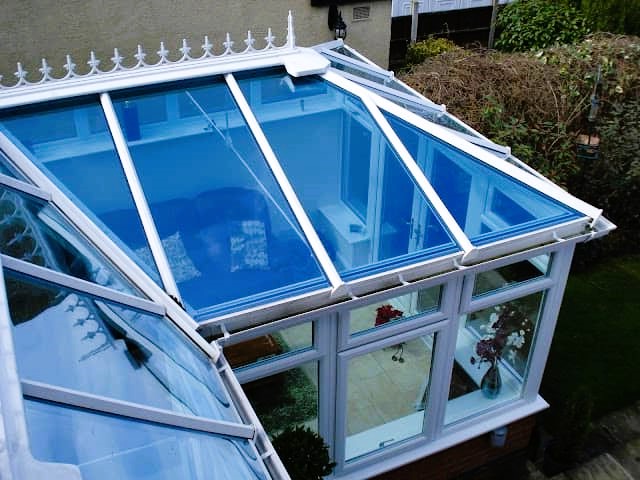Window film, a thin, transparent sheet applied to the interior or exterior of windows, serves various purposes in residential and commercial spaces. Among its primary functions are sun control and privacy enhancement. Window film can be a cost-effective solution to mitigate the effects of excessive sunlight and enhance privacy, but like any product, it comes with both advantages and disadvantages. In this comprehensive guide, we will explore the pros and cons of using window film for sun control and privacy, helping you make an informed decision about whether it’s the right choice for your windows.
Pros of Window Film for Sun Control and Privacy
- Solar Heat Reduction: Window film is effective in blocking a significant portion of solar heat, preventing overheating of indoor spaces. This can lead to reduced cooling costs during hot seasons.
- UV Radiation Blockage: Window film can block up to 99% of harmful ultraviolet (UV) rays from the sun. UV rays are known to cause fading and damage to furniture, flooring, and other interior elements. By blocking UV radiation, window film helps preserve the aesthetics and longevity of your interior furnishings.
- Glare Reduction: Excessive glare from sunlight can be annoying and even disruptive in workplaces and homes. Window film reduces glare, making indoor spaces more comfortable and conducive to work or relaxation.
- Privacy Enhancement: Privacy window film comes in various opacities, allowing you to choose the level of privacy you desire. It obscures the view from outside, ensuring that prying eyes cannot see inside while still allowing natural light to enter.
- Enhanced Security: Some types of window film are designed to reinforce glass, making it more resistant to shattering. This can enhance security by deterring break-ins and protecting occupants from flying glass shards in case of accidents or storms.
- Aesthetic Options: Window film comes in a variety of colors, patterns, and textures, allowing you to customize the appearance of your windows. It can add a decorative element to your space and complement your interior design.
- Easy Installation: Window film can be relatively easy to install, especially when compared to replacing windows or installing traditional blinds or curtains. It is also less invasive and disruptive to the building’s structure.
- Energy Efficiency: By reducing solar heat gain, window film contributes to improved energy efficiency. It can help maintain more consistent indoor temperatures, reducing the load on HVAC systems and lowering energy bills.
Cons of Window Film for Sun Control and Privacy

- Initial Cost: While window film can be cost-effective in the long run, the upfront cost of purchasing and installing high-quality film can be relatively high, depending on the type and size of windows.
- Professional Installation: For best results and to avoid issues like bubbling and peeling, professional installation is recommended. This adds to the overall cost of using window film.
- Durability: The lifespan of window film can vary depending on the quality of the product and the climate. In extreme weather conditions, exposure to direct sunlight, or poor installation, window film may degrade or peel over time. Are you thinking about buying real estate? Read also about Property Tax in Canada.
- Limited Privacy at Night: Some types of window film provide privacy during the day when it’s brighter outside than inside. However, the effect can reverse at night, making it possible for people outside to see in if interior lights are on.
- Aesthetic Changes: While many people appreciate the decorative options window film provides, others may not like the change in appearance it brings to their windows. Removing window film can be challenging and may leave adhesive residue.
- Reduced Natural Light: While window film can control sunlight and glare, it may also reduce the amount of natural light that enters your space. This can impact the overall brightness of your interior.
- Maintenance: Window film requires regular cleaning and maintenance to retain its appearance and effectiveness. Failure to clean it properly can lead to a build-up of dirt and grime.
- Limited Insulation: While window film can help with solar heat reduction, it may not provide the same level of insulation as energy-efficient windows, which are designed to reduce both heat gain and loss. Link to Wikipedia – Window Film
Conclusion: Balancing Sun Control and Privacy
Window film offers a range of benefits when it comes to sun control and privacy enhancement. It can be a practical solution for those seeking to reduce energy costs, protect furnishings, enhance privacy, and control glare. However, it’s essential to weigh these advantages against the potential drawbacks, such as cost, maintenance, and changes in aesthetics.
Before deciding to install window film, consider your specific needs, budget, and the climate in your area. Consult with a professional installer to ensure the film is applied correctly and will perform effectively over time. With the right choice and proper installation, window film can be a valuable addition to your windows, providing sun control and privacy while enhancing the overall comfort and efficiency of your space.

